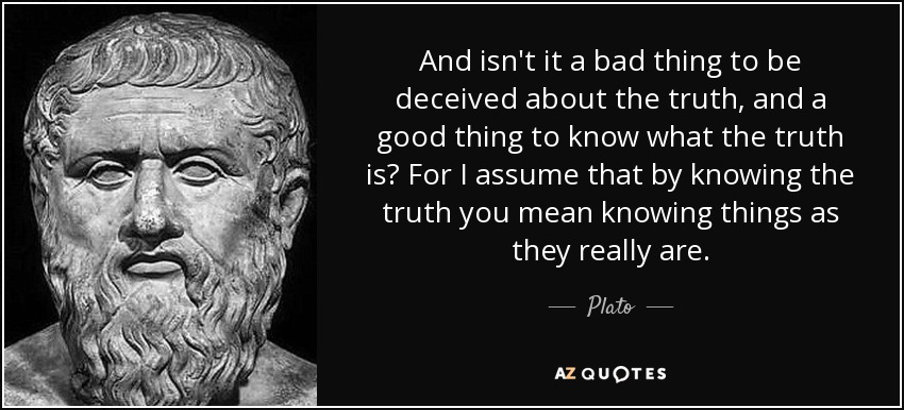
“If you abide in my word, you are truly my disciples, and you will know the truth, and the truth will set you free.” – (John 8:31-32)
So said Jesus, but truth seems to be a very subjective thing these days, and so often what people believe to be the truth is formed around stereotypes, generalisations and assumptions.
Generalisation: The act of forming conclusions from a small amount of information. A general statement: a conclusion based on only a small number of items or instances.
Stereotype: The idea that everyone within a certain group shares the same characteristics.
Assumption: A thing that is accepted as true or as certain to happen, without proof.

How many times have we heard statements like:
- “[Insert person here] speaks for the majority of Australians.”
- “That’s just typical of people from…”
- “Everybody knows that…”
- “Everybody else is allowed to do it!”
- “All the other schools allow that!”
I hear statements like these regularly, and this has increased during the pandemic, when people disagree with the School’s policies on vaccination, who can be on campus or what our rules are. Stereotypes are nothing new but remain dangerous because they lead to ill-formed words, decisions and actions—even when the stereotypes are “positive,” like assuming that certain groups are more athletically or musically inclined, more likely to be good at certain subjects, better at financial management etc.

“You know the truth, and the truth is this: some Negroes lie, some Negroes are immoral, some Negro men are not to be trusted around women—black or white. But this is a truth that applies to the human race and to no particular race of men. There is not a person in this courtroom who has never told a lie, who has never done an immoral thing.” – Atticus Finch, To Kill a Mockingbird
I believe that the act of assuming what you believe to be the only “real” truth has become more endemic in our social conversations.
This happens when people assume that because they think or feel a certain way and associate with others who share their views, then everybody else does too—except those people who are somehow deluded.
There actually is a term for this called false consensus. This can come from a desire to conform and be liked by others in a social environment. Then, once you find and join a group who believes something, you tend to believe that everybody thinks the same way.
The next step is that, when confronted with evidence that a consensus does not exist, people often assume that those who do not agree with them are defective in some way, resulting in rejecting real evidence and basking in the false sense of being part of the majority.
Debates about issues such as climate change, education reform, social changes, etc. tend to be rife with attitudes and approaches that, to some people, only carry weight if they conform with what they have come to believe and sometimes it feels like we are still living in a world that has not changed since the one Harper Lee wrote about in To Kill a Mockingbird.

We hope that students at St Columba learn how to distil the truth from the myriad sources of “facts” that lurk in various corners of the real and digital world.
We hope they learn to respect the views of others, even when they disagree with them, and become seekers and valuers of facts and proof so that their lives are built on solid foundations.
“To find truthful answers we must replace the search for answers with the search for truth.”

Want to share your thoughts on this story, or do you have something you’d like to add? Email me at principal@scas.nsw.edu.au

